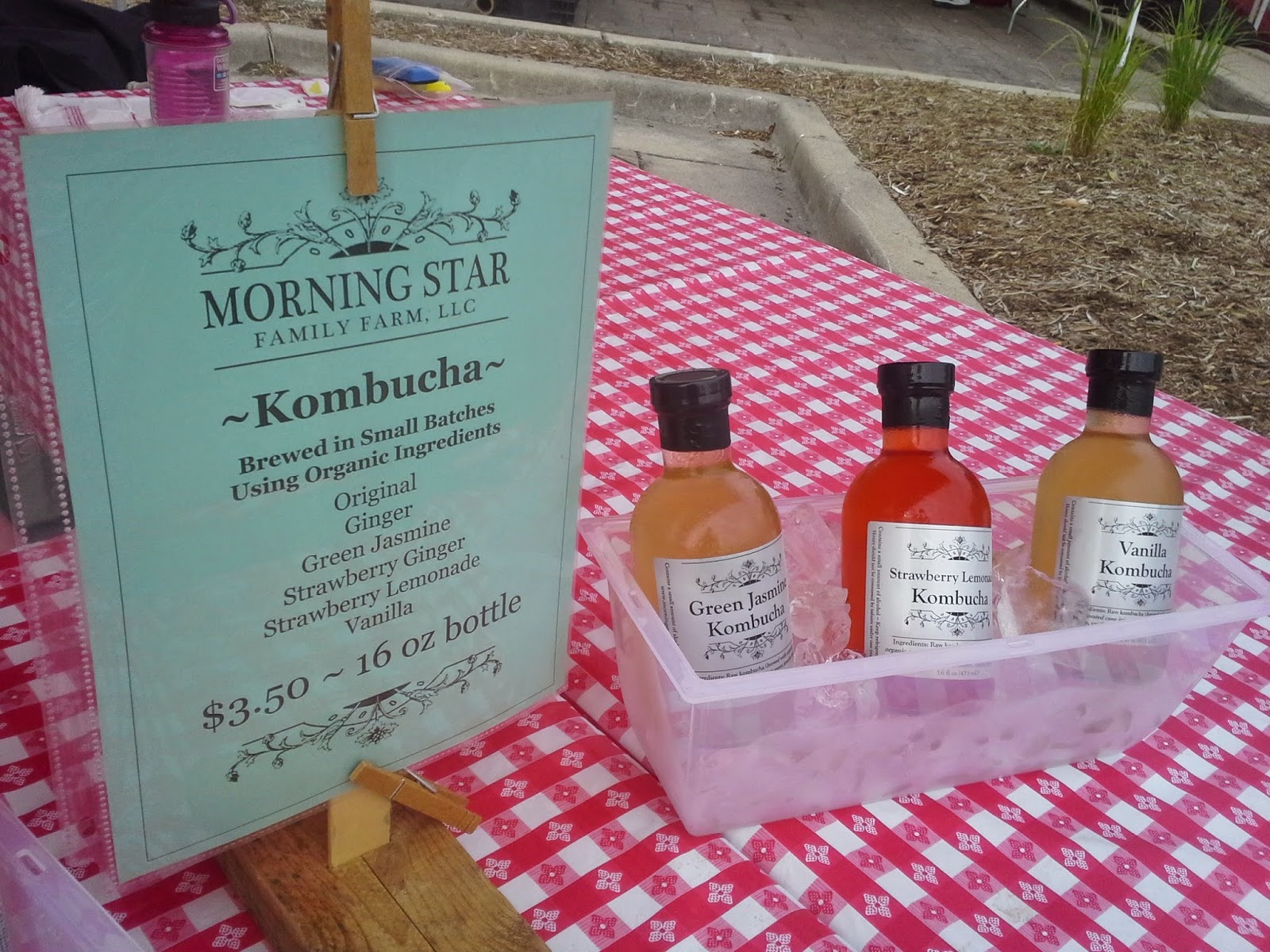Studies going back to the early 20th century found a link between gelatin consumption and an increase in blood calcium levels, resulting in the building up of bones. In Japan, a more recent study showed similar successes in mice artificially given an osteoporotic-like condition. In that study, mice given dietary gelatin had significantly higher bone mineral density as compared to the mice not fed gelatin.
How does one make such a nutrient-rich food? Begin by covering bones with water and a splash of vinegar and letting them sit for an hour. Then bring the water to a boil and skim. Cover and allow to simmer overnight or, at least, several hours. Our favorite length of time is 18 hours for chicken bones and 24 hours for beef, lamb, pork, and veal bones. This can be made more doable by using a crock pot on the low setting. Check the pot periodically and add more water, if necessary.
Of course, you can always add roughly chopped vegetables to the broth as it simmers and, for its mineral boost, a handful of fresh parsley leaves at the end. Some also like to roast the red meat bones in the oven before simmering them (350F until browned). These additional steps should be viewed as optional, however, and not required in order to enjoy the health benefits of good bone broth.
For more information, visit http://www.westonaprice.org/health-topics/why-broth-is-beautiful-essential-roles-for-proline-glycine-and-gelatin/.






















